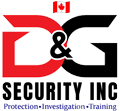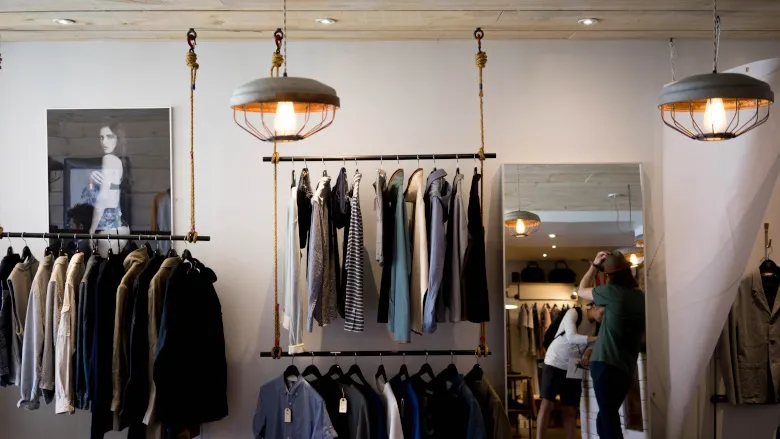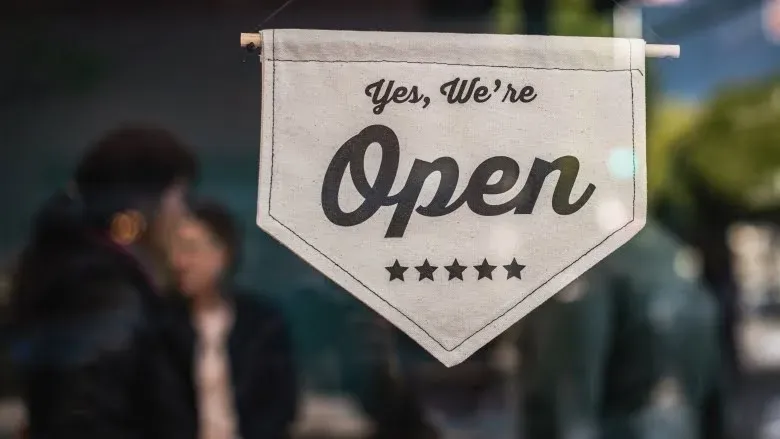Author – Robby Coles
Operating a physical security business exposes you to a range of different risks — bodily injuries, property damage, and unsatisfied customers are only the beginning. You can minimize these risks by hiring trustworthy employees and implementing high training standards, but accidents happen even when you take precautions against them. Therefore, having the right insurance coverage for your business is important — it is a safety net that protects you in the event of any harmful incidents, ensuring you will be able to weather any significant losses. Placed below is an outline of the kinds of insurance you need to run a security business effectively and safely.
General Liability Insurance
General liability insurance is necessary for any business, no matter what industry they are in. In certain states, you are required to provide proof of general liability coverage before you will be able to secure a business license. General liability insurance typically protects your business from financial costs resulting from personal injuries (e.g., a visitor to your premises being injured in a slip and fall), property damage, and legal defense. As the premiums for a general liability policy can vary, you will want to ensure that it is sufficient for your needs as a physical security company before deciding on a provider. Here are three areas your general liability insurance should cover:
Professional Liability Insurance
Professional liability insurance, also known as errors and omissions insurance, is meant to protect your business against claims of inadequate work, negligence, or mistakes in professional judgment or advice. It can be applicable in situations where damage or injury results from your company giving incorrect advice during a consultation, arresting the wrong person, or failing to inform of an impending threat.
Assault and Battery Insurance
This is a specific type of liability insurance policy meant to cover physical or emotional harm by a security officer. Physical altercations can leave you vulnerable to a lawsuit even if your officers handled it properly, so ensure that your insurance provider can include this in your general liability policy. This is especially important if you cater to places like bars, nightclubs, or retail stores, where customers can be prone to violence (e.g., drunks, and shoplifters).
Firearm Insurance
If you offer the services of armed security officers, then you need to exercise proper caution — the last thing you want to happen is the misuse or theft of one of your firearms, which can have consequences as severe as a loss of life. Insurance providers are aware of the heightened risks of armed security, so this typically results in higher premiums. Regardless, protecting your business is important. Check any firearm insurance policies thoroughly to determine if they can help you limit your liability or cover legal fees if you are sued for negligence.
Workers’ Compensation
Workers’ compensation insurance is legally required if you have any employees (regardless of whether they are full-time or part-time) in case they are injured while working. Worker’s compensation is meant to protect both the injured employee and the company — the victim is provided with financial assistance for their losses, and the company alleviates the risks of further lawsuits. The physical security industry faces many on-the-job risks, so it is your responsibility as a business owner to ensure your employees are protected, through both good safety standards and comprehensive insurance coverage.
Property Insurance
While general liability insurance already offers some coverage for property damage, securing property insurance can protect your business further. A good property insurance policy will cover damage done to your or your client’s property, including buildings, equipment, supplies, tools, and other belongings. It can also help you if your security officers are unable to prevent damage done to your client’s properties.
Commercial Auto Insurance
While your security officers will have their own personal auto insurance policy, this may not cover accidents that occur while they are on the job. Some states require companies to secure commercial auto insurance if they are using vehicles in their line of work, such as patrol vehicles. Commercial auto insurance will cover your own vehicles and employees, other vehicles and drivers, pedestrians, and additional property damage, in case of an accident.
Commercial Crime Insurance
Commercial crime insurance will protect your business against theft, fraud, forgery, robbery, or electronic crime, whether committed by an outsider or an employee. Employee crime is often the hardest form of crime to prevent but having a good screening process when hiring and a strong crime insurance policy can protect you against any losses.
Commercial Umbrella Insurance
This type of insurance may not be applicable to every security business but is worth considering if your company is particularly large or provides security services in conventionally dangerous areas. Umbrella coverage allows you to surpass the limits of your standard policies in the event of a significantly large lawsuit. This can help you cover excess losses that you would otherwise have to pay for if you only had standard coverage.
Consulting With Experienced Insurance Agencies
Remember that every business has unique needs, so be sure to consult with insurance agencies (ideally those experienced in providing insurance for security companies) before deciding.





